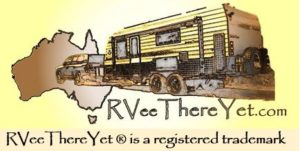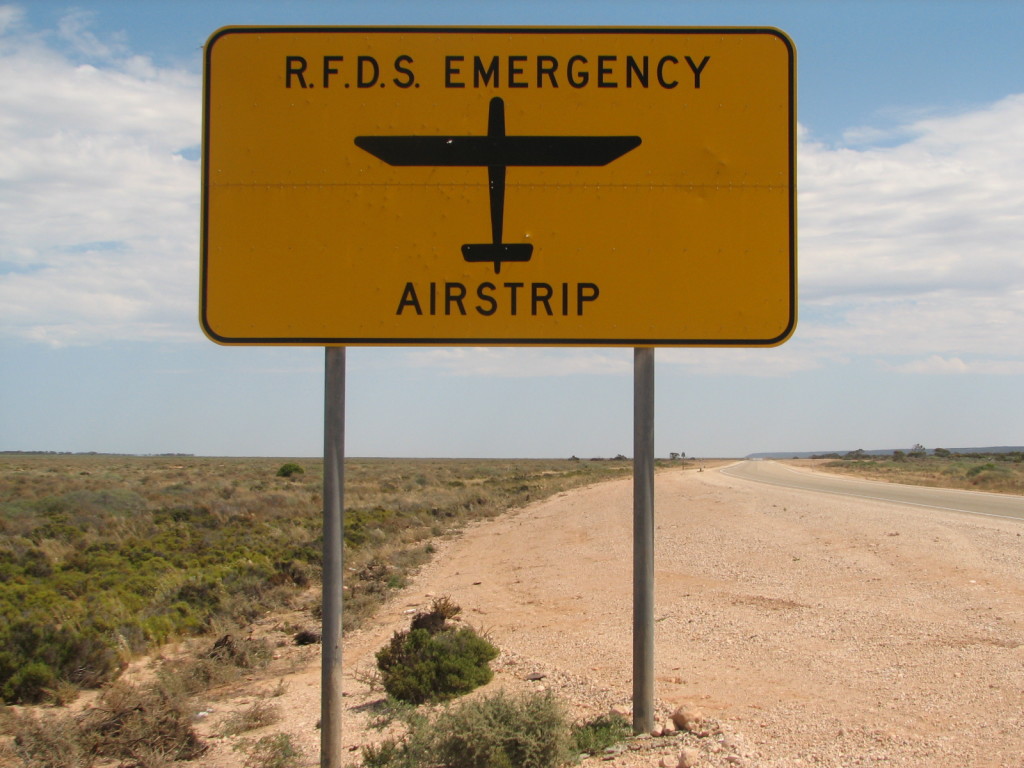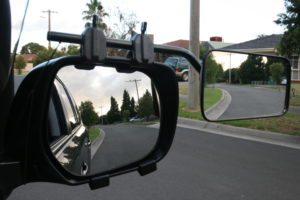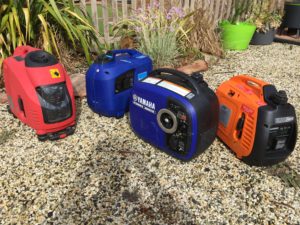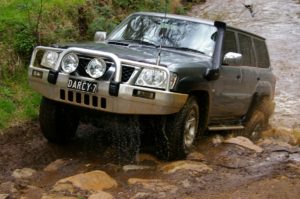Satellite Phone or EPRIB
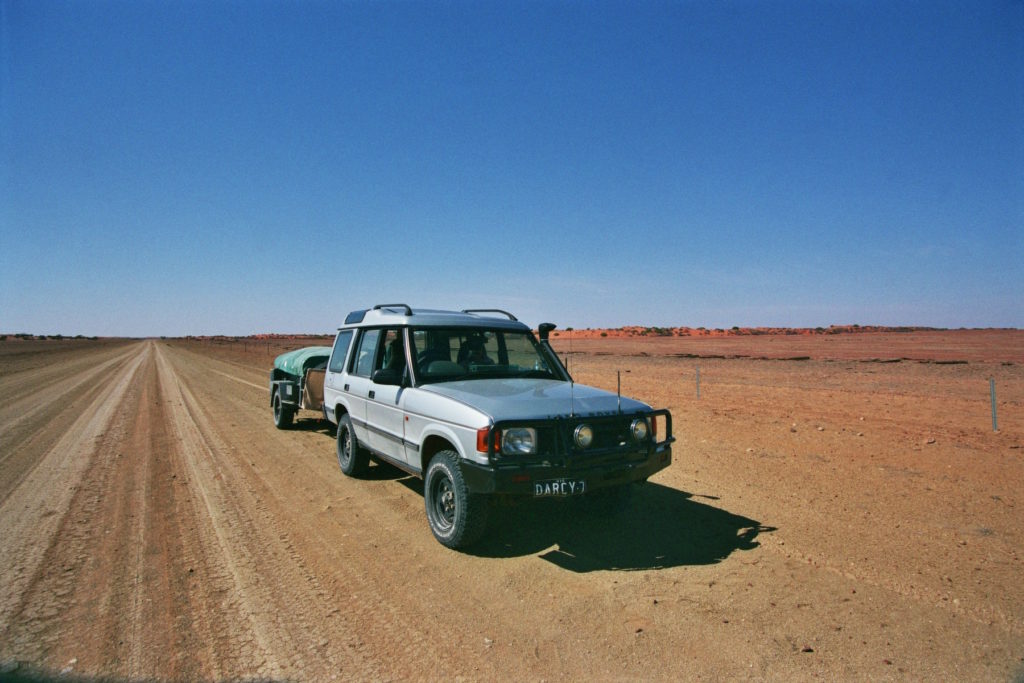
I’ve seen this question appear on the forums many times and the answers given are, in my opinion, somewhat misguided. Anyone who sells this type of equipment will also tell you what they think you want to hear and why their system is better than others. When we came to consider this question for our needs, we too faced similar opinions and sales pitches. In the end we went with a satellite phone and I’ll explain why.
First off, being in the emergency services, I have gained an understanding about how the various emergency response agencies work and how they are dispatched to an incident. In Australia, 000 is the national phone number to initiate an emergency response anywhere in the country. Within the metropolitan centres and regional areas, this system works very well and it is designed to meet the needs of these environments. However when you consider the remote outback of Australia, 000 may not necessarily be the best approach.
When you call 000, you are immediately asked if you want Police, Fire or Ambulance. You, the caller, have to make a judgement on who is the best service to respond to your emergency. In reality though, all the various services use a similar system that is interlinked to each other’s systems so, no matter who you speak to, they will automatically arrange for the right services to be dispatched to you. Again…all good and well for the majority of situations.
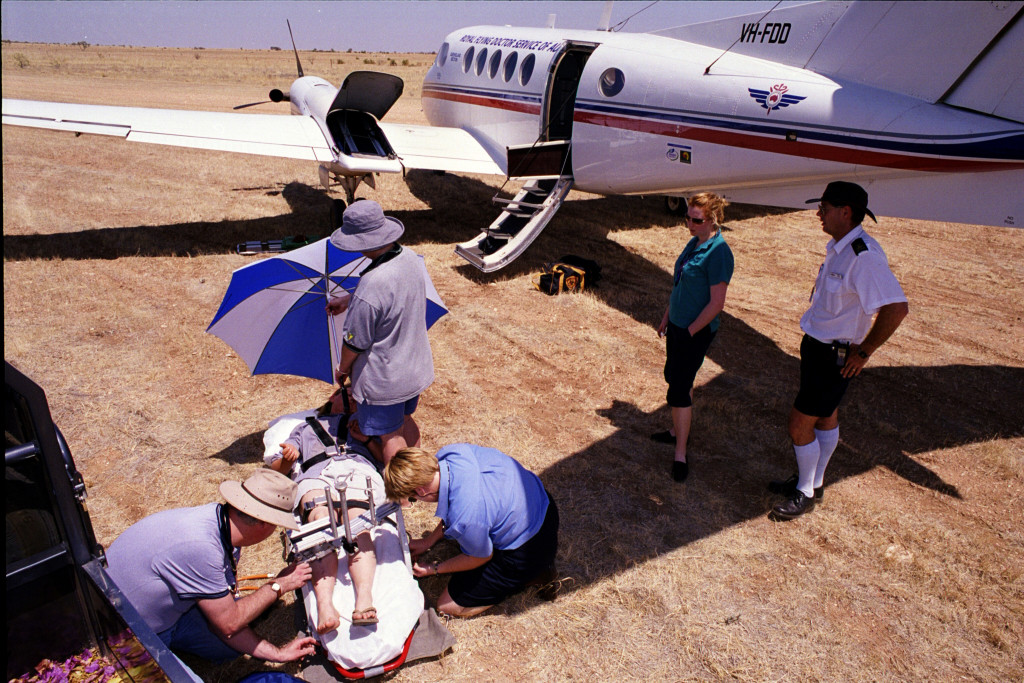 When you talk to the dispatcher for either of the emergency services, they will ask you for details about the emergency and, in particular, the location (address) of the incident and the nearest intersection. This is to pinpoint the exact location and ensure they come to the correct street (there are many Station Streets). This is again entirely useful in metropolitan environments but in the outback, in the middle of the Gibb River Road, this is not so practical. It can take quite a lot of explaining to ensure the dispatcher knows where your actual location is. It’s certainly better than nothing but it could be problematic.
When you talk to the dispatcher for either of the emergency services, they will ask you for details about the emergency and, in particular, the location (address) of the incident and the nearest intersection. This is to pinpoint the exact location and ensure they come to the correct street (there are many Station Streets). This is again entirely useful in metropolitan environments but in the outback, in the middle of the Gibb River Road, this is not so practical. It can take quite a lot of explaining to ensure the dispatcher knows where your actual location is. It’s certainly better than nothing but it could be problematic.
So some people consider EPIRBs or other similar emergency beacons. Yes these are good and relatively cheap but again, they do present problems and initiating a response can take days. They are also not very flexible. Not all emergency situations are life threatening and setting off an EPIRB may not be the most appropriate option.
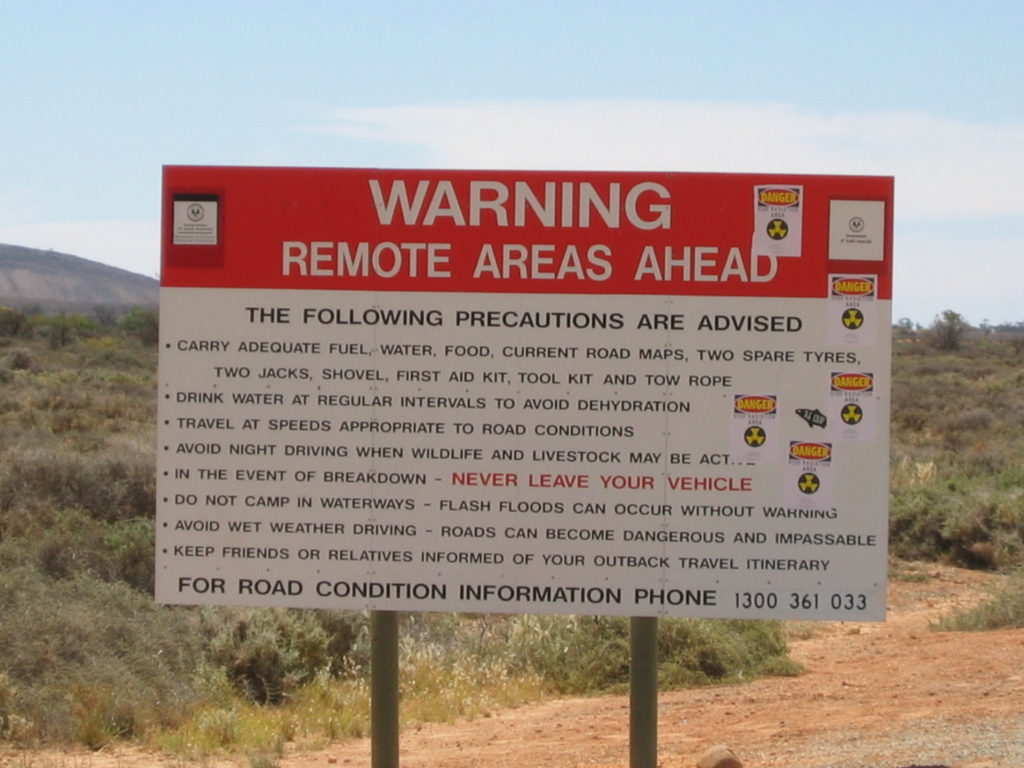 Satellite phones are far superior in a variety of emergency situations. With a Sat Phone you can call the Australian Maritime Safety Authority (AMSA) directly, the closest Royal Flying Doctor Service (RFDS) base or Police station to you, and they are best equipped and resourced to respond appropriately to your situation. You can also dial 000 (I believe without a sim card in the unit but need to clarify that with your provider) and that may be OK, but AMSA, Police and RFDS are much better. Some phone systems (Inmarsat is one) have a function on the phone that sends your GPS co-ordinates directly to the receiver, making finding you and rendering assistance much faster. Both AMSA and RFDS utilise this feature.
Satellite phones are far superior in a variety of emergency situations. With a Sat Phone you can call the Australian Maritime Safety Authority (AMSA) directly, the closest Royal Flying Doctor Service (RFDS) base or Police station to you, and they are best equipped and resourced to respond appropriately to your situation. You can also dial 000 (I believe without a sim card in the unit but need to clarify that with your provider) and that may be OK, but AMSA, Police and RFDS are much better. Some phone systems (Inmarsat is one) have a function on the phone that sends your GPS co-ordinates directly to the receiver, making finding you and rendering assistance much faster. Both AMSA and RFDS utilise this feature.
The other reason a sat phone is better is that you may find yourself in a situation that really doesn't justify setting off an EPIRB. You may just run out of fuel or get one too many punctures and, rather than trigger a full scale search and rescue operation, you can call your roadside assistance to come to your aid.
At the end of the day, you need to decide which system suits your particular needs and travel locations.
In the mean time, if you do decide to purchase or rent a satellite phone, here the phone numbers you need to program in or have handy:
000 – fire, police, ambulance (This should now work on all satellite phone networks) noting the above.
For the Royal Flying Doctor Service (RFDS):
| Operation Area | State area Covered |
Base Location | Phone number to call from a satellite phone |
| Western | Western Australia | Jandakot | 00 61 8 9417 6389 |
| Central |
(All of South Australia and in NT everything south of Tennant Creek)
|
Port Augusta | 00 61 8 8648 9555 |
| Queensland | Queensland | Charleville Mt Isa Cairns |
00 61 7 4654 1443 00 61 7 4743 2802 00 61 7 4040 0500 |
| South Eastern | New South Wales, Victoria & Tasmania | Broken Hill | 00 61 8 8088 1188 |
For Police in Remote Areas:
| POLICE | Timezone |
| Laverton, WA | 00 61 8 90882777 (WST) |
| Warakurna, WA | 00 61 8 8956 7099 (CST) |
| Docker River Station | 00 61 8 8956 7187 (CST) |
| Alice Springs, NT | 00 61 8 8951 8822/ 131 444 (CST) |
| Harts Range, NT | 00 61 8 8956 9772 ( CST) |
| Boulia, QLD | 00 61 7 4746 3120 ( AEST) |
| Winton, QLD | 00 61 7 4657 1200 (AEST) |
| Kalgoorlie, WA | 00 61 8 9091 7022 (WST) |
For the Australian Maritime Safety Authority
Aviation search and rescue
24-Hour emergency helpline: 00 61 2 6230 6899
Maritime search and rescue
24-Hour emergency helpline: 00 61 2 6230 6811

